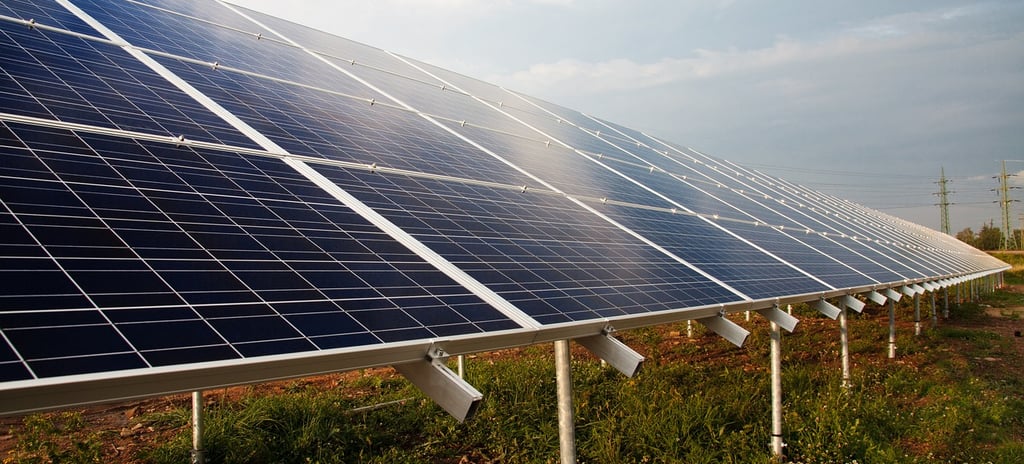2023 Marks a Giant Leap in Clean Energy Boom
Amperage News


The considerable increase in the world's potential for renewable energy is certainly positive. The International Energy Agency's (IEA) data shows that renewable energy capacity will rise by an astounding 50% in 2023 to reach 510 gigawatts (GW). This growth, which is primarily due to solar electricity, breaks the previous record for the 22nd year in a row.
The IEA research indicates that governments have a significant chance to reach their climate commitments as a result of the rapid growth of renewable energy. It now seems more feasible to fulfil the pledge made at Cop28 in November to increase the capacity of renewable energy by 2030. Particularly solar energy, which accounted for 75% of the new renewable energy capacity built globally in 2023, had a significant impact.
China, which surpassed the rest of the globe in new solar power installations, was a major contributor to this growth. China installed a greater amount of solar power in 2023 than the entire globe. The research also notes that record growth rates were seen in Europe, the US, and Brazil, putting renewable energy on track to overtake coal as the world's main source of electricity generation by early 2025. According to IEA projections, renewable energy sources will generate over 42% of the world's electricity by 2028.
In the framework of international efforts to tackle climate change and move toward more sustainable energy sources, this encouraging trend is crucial. It illustrates how renewable energy has the potential to be extremely important in lowering dependency on fossil fuels and lessening the negative environmental effects of conventional energy sources.
The IEA's continuous research and partnership with Southeast Asian states, further emphasize the necessity of international cooperation in driving sustainable energy transitions. The Association of Southeast Asian Nations (ASEAN) member nations can use the findings from this research as a guide as they embrace and incorporate renewable energy solutions.
Several regions of Southeast Asia have seen advancements in legislation and regulation. These include the announcement of more aggressive climate goals especially by Malaysia with updated plans for renewable energy expansion.
